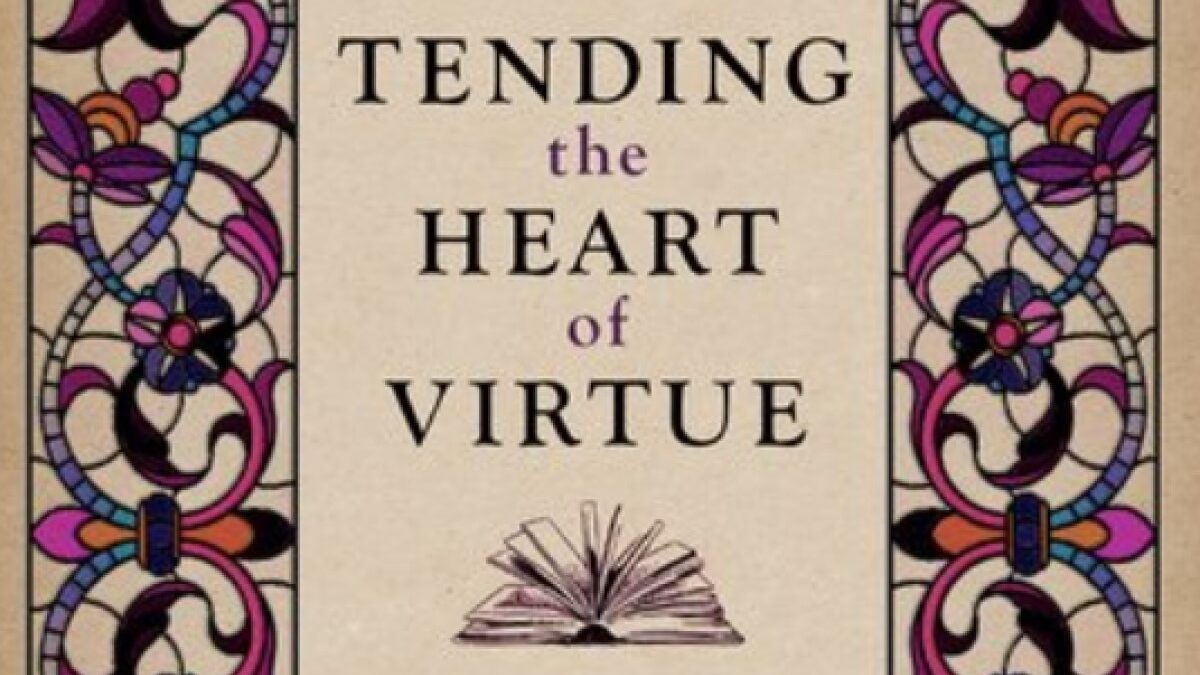
GQ magazine went to some trouble to list 21 classic books that no one has to read in its May issue. I think just heard your burrito hit the plate like a brick as you rush out the door to your nearest news stand, now that you know GQ can help you discern good literature from bad. You probably won’t be surprised to learn you’ll find more wisdom in that microwave burrito.
GQ tells us that durable books that have enriched millions, including “The Old Man and the Sea,” “Adventures of Huckleberry Finn,” David McCullough’s “John Adams,” William James’ “The Ambassadors,” Joseph Heller’s “Catch-22,” “Lord of the Rings” and “Gulliver’s Travels” are not worth the paper they’re written on. The magazine’s reason for such scorching indictments? Jeff Spicoli couldn’t have said it better. The GQ editors say it’s because these books are …“really, really boring.”
Given that this is the very reason every 7th grader gives for resisting their summer reading, it does cast GQ editors’ maturity in a very dim light. That aside, GQ found a group of very “un-boring writers,” as they describe them, to explain why each of these 21 long-enduring classics are a waste of everyone’s time. It seems of no concern that these authors who supposedly know better would be recognized by no more than 1 out of every 1,000 Americans on a good day.
GQ even had the audacity to include Keith Richards’ recent autobiography “Life” among the great books not worth reading. I don’t know which is worse — that they dissed the Keef’s book, or assumed it was part of the esteemed canon in the first place.
But the real prize is GQ’s inclusion of the Bible in the list of books that don’t deserve the acclaim they’ve received. The Holy Bible, the Word of God. The book that billions of Christians and Jews have revered over the millennia. The book that many have given their lives to defend and distribute. The book that shaped human civilization like no other book, with no close competitor.
It gave us our ethics, our laws, justice and the rights and dignity of the most common person, just to name a few. It elevated the rights of women and children. It is not only the world’s top-selling book, but remains so year after year after year. It has been given away in greater numbers than any other book. People in oppressed countries risk their lives just to obtain a portion of the book.
GQ might just consider that the Bible’s tenacious staying power could indicate that it can’t be that boring. Why are there countless miraculous testimonies of how this book has radically changed lives like no other book? Why do billions of people across the globe still gather week after week in large groups to hear it read and taught? I would guess the weekly GQ reading groups are sizably smaller.
Jesse Ball is the forty-year-old novelist who wrote up GQ’s take-down on the Bible. (Unlike Captain Jack Sparrow, you haven’t heard of him.) Ball claims, remarkably, that the “Holy Bible is rated very highly by all the people who supposedly live by it but who in actuality have not read it.” We only think we’ve read it I guess. He must have mad psychic powers to know we haven’t. Critics like him who apparently have read it and know better, admit that “there are some good parts,” but it’s mostly “repetitive, self-contradictory, sententious [abounding in excessive moralizing], foolish and even at times ill-intentioned.”
I suppose that if rubes like us actually read it, we would see it the same way.
These days, it’s hard to be shocked by anything, but it is truly remarkable that someone like Ball and the editors at GQ, who put themselves out there as educated and enlightened folks, could judge the most consequential book in history in such a knee-jerk fashion. And they don’t even seem to be embarrassed at doing so. Everyone makes mistakes. Everyone overstates the case here and there. But sometimes statements are so ridiculously, hyper-galactically out there and yet stated with utter shamelessness, that one must hold the source in a permanent state of dismissal.
Such is the place GQ should find itself. And every one of their readers would do well to take up material of life-changing edification and eternal truth instead. I can provide a recommendation.









